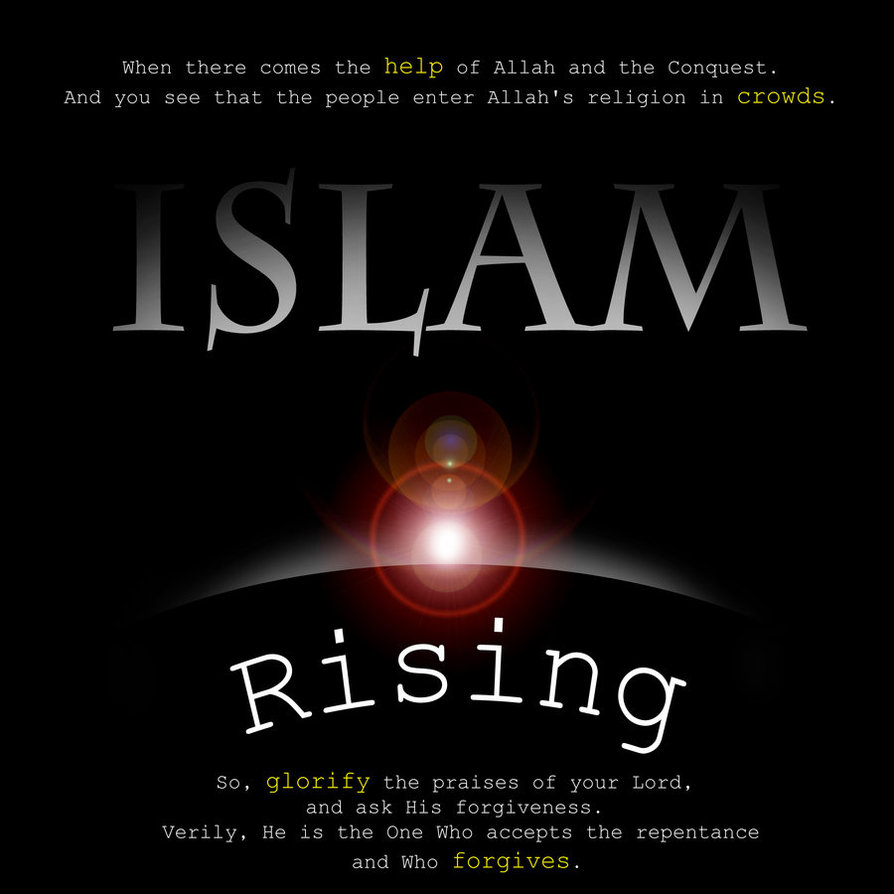In a world where cultural and spiritual landscapes are constantly evolving, the emergence of new religious movements and the expansion of established faiths is a fascinating phenomenon. The fastest growing religion is not just a matter of statistics; it represents deep-seated beliefs, profound experiences, and a quest for identity among millions of individuals. Understanding this growth opens up discussions about societal changes, personal exploration, and the human desire for connection.
As we delve into the dynamics of the fastest growing religion, we must consider various factors influencing this trend, including globalization, the internet, and social movements. This burgeoning faith reflects a blend of traditional beliefs and modern interpretations, enabling adherents to find meaning and purpose in their lives. It is essential to approach this topic with sensitivity and respect, acknowledging the diverse perspectives that exist within spiritual practices.
In seeking to understand the fastest growing religion, we will explore its origins, core tenets, and the communities that have embraced its teachings. We will also examine the challenges it faces and the implications of its rapid growth on society at large. Join us on this enlightening journey as we uncover the layers of belief that shape our world today.
What is the Fastest Growing Religion Today?
The fastest growing religion today is often identified as Islam, primarily due to its significant birth rates and the increasing number of individuals converting to the faith worldwide. According to various studies, Islam is projected to continue its growth trajectory, making it one of the most influential religions globally.
Why is Islam Growing So Rapidly?
Several factors contribute to the rapid growth of Islam, including:
- High Birth Rates: Muslim populations tend to have higher fertility rates compared to other religious groups.
- Conversions: Many individuals are drawn to Islam due to its spiritual teachings and sense of community.
- Migration: Increased migration from Muslim-majority countries has led to a diversification of the faith.
- Global Awareness: The spread of information and education about Islam through the internet has fostered interest in the religion.
What Are the Core Beliefs of Islam?
Islam is rooted in five fundamental pillars that guide the lives of its adherents:
- Shahada: The declaration of faith, proclaiming the oneness of God and the prophethood of Muhammad.
- Salah: The performance of ritual prayers five times a day.
- Zakat: The giving of alms to the less fortunate, emphasizing social responsibility.
- Sawm: Fasting during the month of Ramadan, fostering self-discipline and empathy.
- Hajj: The pilgrimage to Mecca, which is a mandatory act of worship for all Muslims who are physically and financially able.
How Does the Fastest Growing Religion Affect Society?
The impacts of the fastest growing religion, particularly Islam, on society are multifaceted. As communities embrace Islamic teachings, we witness shifts in cultural practices, social structures, and even political landscapes.
What Challenges Does Islam Face in Its Growth?
Despite its rapid growth, Islam encounters several challenges, such as:
- Islamophobia: Prejudice and discrimination against Muslims can hinder integration and acceptance.
- Misrepresentation: Media portrayals often do not reflect the diversity and richness of Islamic culture.
- Internal Divisions: Different interpretations of Islam can lead to sectarian conflicts.
How Can We Foster Understanding Among Faiths?
Promoting interfaith dialogue and understanding is crucial in a world where the fastest growing religion coexists with numerous other belief systems. Initiatives that encourage collaboration, education, and respectful conversations can pave the way for peaceful coexistence and mutual respect.
Conclusion: The Future of the Fastest Growing Religion
The fastest growing religion continues to shape the global spiritual landscape in significant ways. Its ability to adapt and connect with individuals seeking deeper meaning in their lives underscores the enduring power of faith. As we move forward, it is essential to approach discussions about religion with an open mind and a commitment to understanding the diverse experiences that shape our world.
Biography of a Key Figure in Islam: Muhammad
| Detail | Information |
|---|---|
| Name | Muhammad ibn Abdullah |
| Date of Birth | c. 570 CE |
| Place of Birth | Mecca, Arabia |
| Occupation | Prophet, merchant, leader |
| Key Contributions | Founder of Islam, author of the Quran |
| Date of Death | 632 CE |
Muhammad's life and teachings continue to inspire millions and play a pivotal role in the growth of the fastest growing religion. His message emphasized compassion, justice, and community, values that resonate with many in today's world. Understanding his legacy is essential to grasping the broader context of Islamic growth and its impact on global society.
You Might Also Like
Unleashing The Power Of The Preacher Curl Machine: A Comprehensive GuideInspiring Quotes About God To Uplift Your Spirit
Unforgettable Moments: A Deep Dive Into The Office Quotes
Unlock Radiance: Discovering The Best Face Oil For Your Skin
Unlocking The B Guitar Chord: A Comprehensive Guide
Article Recommendations
- Trump Stroke
- How Long Is The Simon And Garfunkel Story
- Is Barron Trump Married
- Jason Momoa Amber Heard
- Lily Rose Depp Ankles
- Laura Ingraham Husband
- Wayans Family Tree
- Jeffrey Glasko
- Daniel Ezra Wife
- Lightskin Bbw


